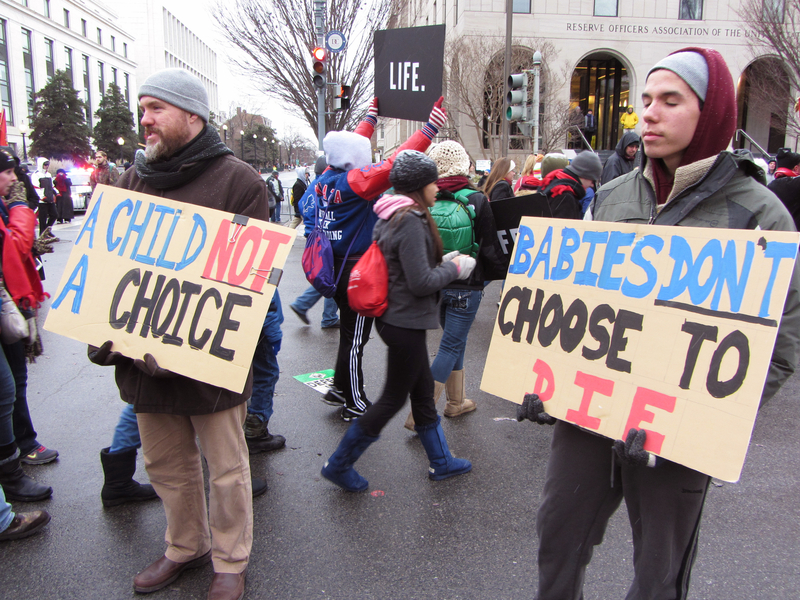New Jersey Senators Introduce “Pain-Capable Unborn Child Protection Act”
TRENTON, NJ — New Jersey lawmakers have introduced a new bill aimed at restricting abortions beyond 20 weeks post-fertilization, citing the ability of unborn children to feel pain at this stage. Sponsored by Senator Joseph Pennacchio of District 26 (Morris and Passaic) and co-sponsored by Senators Singer, A.M. Bucco, and Space, the proposed legislation is formally named the “Pain-Capable Unborn Child Protection Act.”
The bill stipulates that abortions should not be performed or attempted when the probable post-fertilization age of the fetus is 20 weeks or more, except under specific conditions. These exceptions include scenarios where the life of the pregnant woman is at risk due to a physical disorder, illness, or injury related to the pregnancy, or if the pregnancy results from rape or incest, with the stipulation that these incidents must be reported to law enforcement or the Division of Child Protection and Permanency before the procedure.
Physicians would be required to determine the probable post-fertilization age of the fetus before performing an abortion. The bill mandates that abortions conducted under the exceptions should be performed in ways that would provide the best chance for the fetus to survive, unless doing so would pose a greater risk to the woman’s life or cause substantial and irreversible impairment.
The legislation also aligns with the federal “Born Alive Infant Protection Act,” outlining procedures for cases where an abortion results in a live birth. Furthermore, it necessitates documentation proving the circumstances of rape or incest, requires informed consent from the woman undergoing the abortion, and mandates that physicians submit annual summaries of all performed abortions to the National Center for Health Statistics.
Violations of this bill would constitute a third-degree crime, punishable by three to five years in prison or a fine up to $15,000, or both. However, women upon whom abortions are performed would not face civil or criminal liability.
Supporters of the bill argue that substantial medical evidence indicates that fetuses can experience pain at 20 weeks, making it a compelling interest of the state to protect unborn children from this stage. Critics of such measures generally contend that they infringe on women’s reproductive rights and access to healthcare. The bill is modeled on H.R.36 from the 114th Congress, reflecting a continuing national dialogue on the balance between fetal rights and women’s autonomy.

